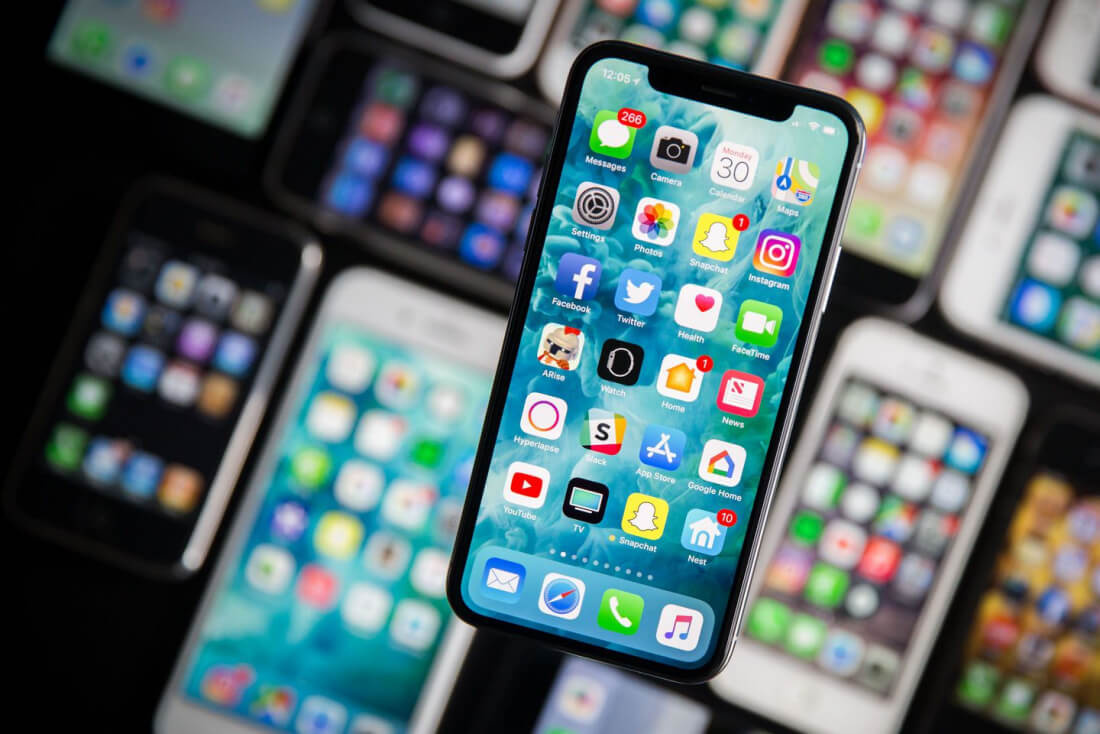Though the iPhone X has been met with excellent reviews since its launch, that doesn't mean Apple hasn't faced their fair share of problems with the device. Indeed, in addition to the iPhone X being labeled the "most breakable" iPhone released thus far, weaker-than-expected sales have reportedly led to Apple cutting the device's production in half.
Still, even if the iPhone X fell short of Apple's own sales expectations, there's no denying its overall success. Despite its high price point, the iPhone X emerged as the best-shipping smartphone over the holidays.
Given its widespread popularity, it's not a surprise to see Apple pushing for developers to support the iPhone X as much as possible. According to Ars Technica, the smartphone maker has sent out a mass email to iOS developers laying out a few new rules:
"iOS 11 has brought innovative features and the redesigned App Store to hundreds of millions of customers around the world. Your apps can deliver more intelligent, unified, and immersive experiences with Core ML, ARKit, new camera APIs, new SiriKit domains, Apple Music integration, drag and drop for iPad, and more.
Starting April 2018, all new iOS apps submitted to the App Store must be built with the iOS 11 SDK, included in Xcode 9 or later. All new apps for iPhone, including universal apps, must support the Super Retina display of the iPhone X."
As Ars notes, though Apple didn't clarify what supporting the iPhone X's Super Retina display actually means, it's likely the company is pushing for developers to fully integrate the device's controversial notch and rounded corners into their apps.
It's important to understand these new rules only apply to new apps being submitted to the app store. This distinction is likely Apple's way of giving existing developers more time to adapt to the unique design challenges the iPhone X presents.
